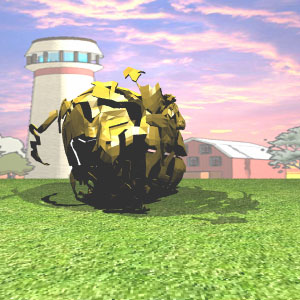
As long as it doesn't come across like a lecture."


"When the message is damn interesting, it's good to have it in there. That just doesn't necessarily make for enjoyable TV. If the humor is not biting enough and the message too heavy-handed, what the show does do is shout out how doggone much Chipotle cares about ethical food production. So interesting, in fact, that what the show is about-namely, this new breed of branded programming and the topic of food politics it has chosen to tackle-is ultimately more interesting than the show itself.Īrnold distinguishes the series from the more familiar type of marketing: Billboards and commercials are what "remind people that we exist and if you're hungry you should go to Chipotle," while the show "is about image and the values that are at the core of Chipotle and how we run our company." As a display of company values, then, you could say the show is actually a great success. As long as it doesn't come across like a lecture." The message is interesting. " When the message is damn interesting, it's good to have it in there.

But the message-Big Ag and its dependence on oil, bad small, family-owned farms, good-is impossible to miss.įor Piper, putting the brand's point of view at the forefront is a positive. Aside from one nod to the fact that Chipotle was once owned by McDonald's (the joke's inclusion was Piro's idea, not Chipotle's), a single strategically placed Chipotle cup at 8:28 in episode one, and a main character named Chip (wink, wink-that one came from _ CMO _ Crumpacker), Chipotle does not appear in the show. It is and it isn't they are and they aren't.


 0 kommentar(er)
0 kommentar(er)
